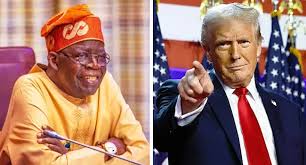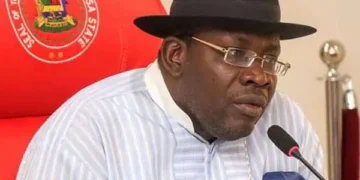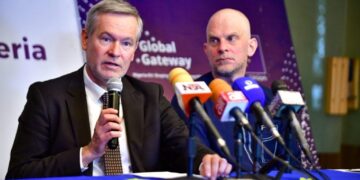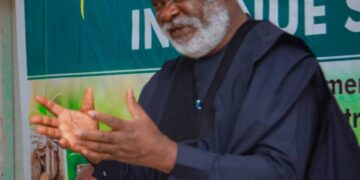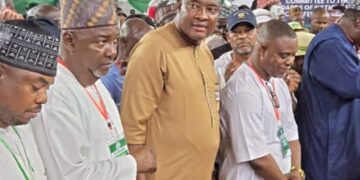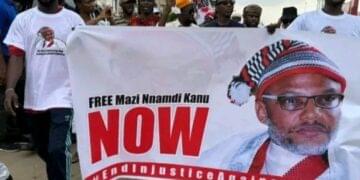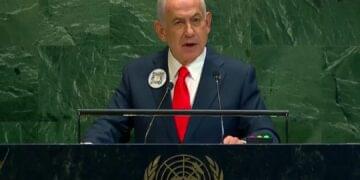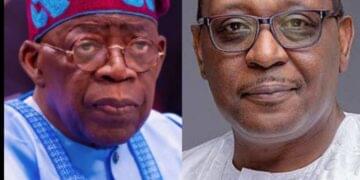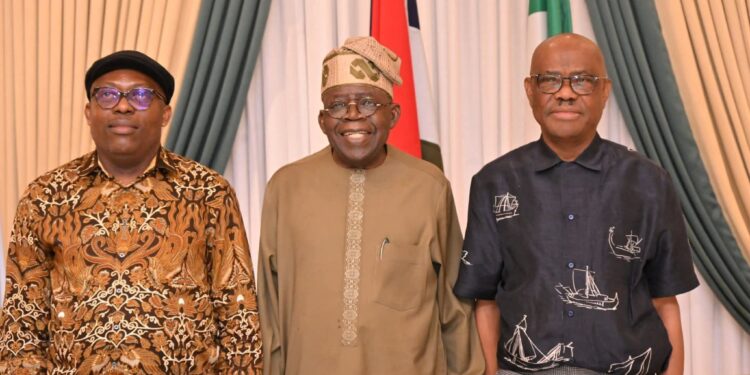When Propaganda Gets Louder Than Governance: A Nation’s Descent into Self-Deception
By Chris Curtis
There is an undeniable tragedy that befalls a nation when propaganda grows louder than governance. It is a silent descent, subtle yet devastating, where truth becomes uncomfortable and lies become currency. A nation blessed with men and women of intellect, wisdom, and capability soon finds itself trapped under the grip of a few cunning individuals—clever but bereft of wisdom—whose only qualification for leadership is their mastery of deceit.
What else could be expected when the truly wise retreat into silence—whether out of fear, pride, or the misplaced comfort of detached enlightenment?
When those with vision and integrity choose slumber over action, they unwittingly surrender the fate of their nation to the loyal followers of these cunning rulers—followers whose loyalty is not born of conviction, but of dependence.
In such a society, propaganda is no longer just a tool of governance; it becomes the very oxygen of power. It sustains not only the rulers but also their enablers—the loyalists who knowingly defend falsehoods because their survival depends on them. These individuals are painfully aware of their deceit, yet they have lied for so long that they now struggle to distinguish between falsehood and truth. Their lies have become their reality, and when they stumble upon truth, it feels foreign, even threatening.
Here lies the greatest danger: When truth begins to feel like a lie, and lies begin to masquerade as truth, governance loses all meaning. The collective conscience of a nation becomes twisted, where every attempt at honesty is met with skepticism, and every act of deception is met with applause.
Such governance, built on a foundation of propaganda, cannot create lasting development. At best, it offers fleeting illusions of progress—temporary victories that fade as quickly as they appear. Propaganda feeds ego, not economies. It builds castles of sand, not sustainable structures.
Yet, the architects of such deception continue to flourish. Why? Because they thrive on a people afflicted by short memories and deep-rooted sentiments. In a society where emotional reactions overshadow rational thought, where tribal and sectarian identities are prioritized above citizenship, propaganda becomes effortless. Even those considered “enlightened” often fall prey to the same sentimental traps, proving that education alone does not immunize against self-deception.
Greed and propaganda are twin forces—two sides of the same coin. Greed fuels propaganda, and propaganda, in turn, shields greed. Those who hunger for power and wealth find themselves naturally inclined toward deceit because deception becomes their most reliable shield and sword.
It is not that the people do not know the right path. Deep down, they do. But there is a deep-seated unwillingness to walk that path because doing so might benefit others as well—and herein lies another tragedy: A society where people would rather suffer collectively than allow others to prosper alongside them.
Religion too, in such societies, becomes a theater of denial. People gather in temples, mosques, churches, and shrines, endlessly praying for divine intervention, while ignoring the divine tools of reason, action, and conscience already placed within them. They wonder why their prayers seem unanswered, why heaven appears distant—unaware that perhaps, before heaven can intervene, they must first confront their own complicity.
Who steers this nation’s vehicle, then? Who is this relentless driver, pressing forward on a path that benefits only himself and his favored passengers—while the majority are left behind, bruised, battered, and forgotten? Is this journey still redeemable? Or has the nation crossed a point where even hope itself grows weary?
Some ask whether salvation can come from above. But perhaps the deeper question is: Can salvation truly arrive until the people themselves are ready to receive it?
This is not merely a crisis of governance—it is a crisis of national character. A people caught in a vicious cycle of hypocrisy, willingly blind to their own complicity, yet quick to cry out to the heavens for rescue. A nation that waits for a miracle, yet rejects every opportunity to create it.
In the end, propaganda builds nothing. It destroys—slowly, systematically—even the remnants of what was once built in truth.
Until a nation finds the courage to silence the lies and awaken the sleeping conscience within, it will remain trapped in this unending loop—watching its past erode, its present wither, and its future evaporate.
The question remains: How much longer will we pretend not to know?
It is more difficult to wake up someone who pretends to sleep than it is to wake up someone who sincerely sleep.
Again I ask; How long are going to keep pretending as a people?
The author, Chris Curtis.


